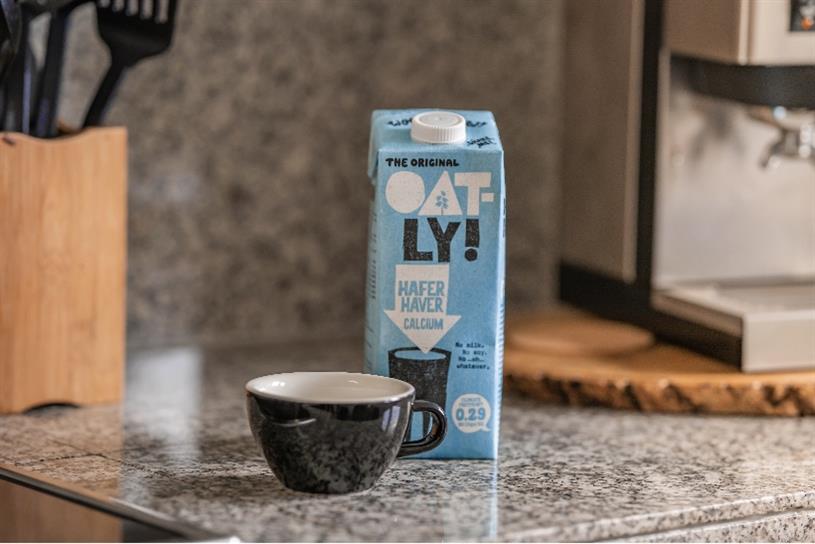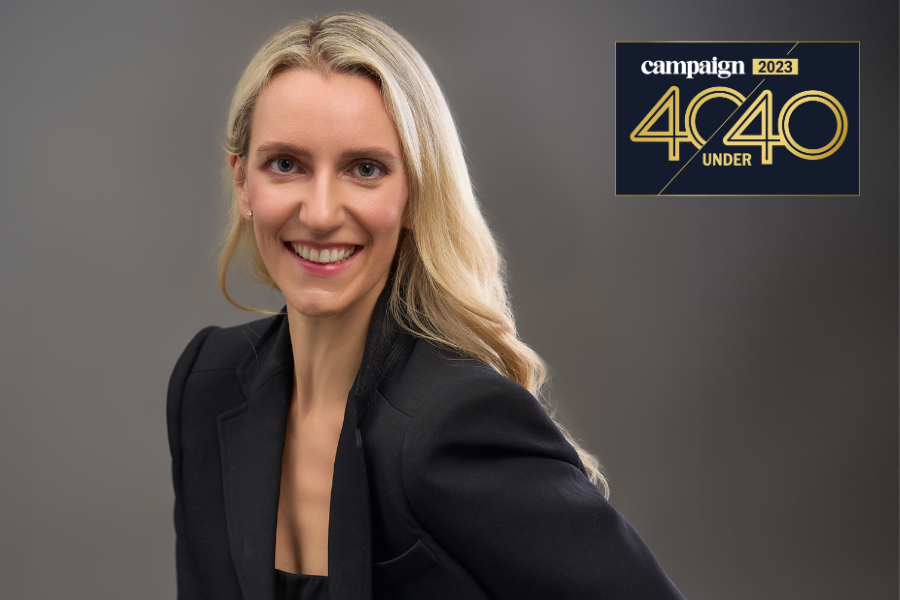Plant-based milk company Oatly recently filed for an IPO.
Born out of a lab in Sweden in the early ’90s, the oat milk brand has since received high-profile investment from celebrities such as Natalie Portman, Oprah Winfrey and Jay Z, and mammoth global investment funds including Blackstone, which secured a 10% stake in the business for $200 million in July.
Blackstone valued the business at around $2 billion. When it floats on the New York Stock Exchange, the alternative-milk pioneer is said to be seeking a value closer to $10 billion.
The IPO news was followed by a partnership with Starbucks, as Oatly follows in the footsteps of brands such as Beyond Meat and Impossible Foods, which both secured high-profile partnerships with McDonalds and Burger King following their own float.
With solid investors, powerful partnerships and a product that speaks to the zeitgeist of living healthier, more sustainable lives, a formidable cocktail begins to brew here.
But none of this would be possible without marketing.
A serious business
Oatly has been known for splashy campaigns through the years.
The brand was targeted by dairy company Arla Foods in Sweden, which ran ads discouraging people from buying vegan alternatives with a fake brand named ‘Pjolk’ as an analogy to Oatly. In response, Oatly trademarked the fictitious brands Pjölk, Brölk, Sölk and Trölk and began using them on packaging.
Later, Swedish dairy lobby LRF Mjölk sued Oatly for more than $130,000 for using the phrase "Milk, but made for humans.” IOatly published the text of the lawsuit, making LRF Mjölk look like a bullying and leading to a 45% sales jump for Oatly in Sweden.
Oatly then swiftly took aim at the European Parliament for banning “dairy free” or ”creamy” as descriptors for plant-based drinks for being “misleading.” Oatly ran a tongue-in-cheek campaign called “Are You Stupid?” that asked viewers to challenge the decision.
Most recently, Oatly made itsSuper Bowl debut with a divisive 30-second spot featuring CEO Toni Petersson playing a keyboard in a field of wheat singing, ‘It’s like milk, but made for humans’ and repeating ‘wow, wow, no cow’ for the duration of the advert.
It’s quirky, post-modern style was well received by some and detested by others. But that’s how Oatly likes it. It wants to divide audiences in a productive way, and isn’t afraid of a little hate.
Why do these tactics work for Oatly? Why can they afford to be light-hearted, funny and frankly, kind of annoying?
Keep It Simple, Stupid
Oatly has clearly defined brand purpose: oat milk. It’s embraced its inherent ridiculousness to craft a maverick brand personality.
Many brands fall into the trap of making their purpose too broad. It would be easy for Oatly to unveil a grandiose mission to change the world one cup of coffee at a time. But convoluted brand missions often lead to complications down the line.
Fairlife Dairy advertised as a brand that believed "exceptional cow care and sustainable farming practices yield higher quality milk.” But last year, retailers pulled the brand from shelves following graphic footage revealing the consistent abuse of calves at Fairlife farms.
This is equally true for businesses like Procter & Gamble, which declared itself a “proud sponsor of moms” in 2010. When put into action, that becomes complicated. How does P&G live up to that as gender roles and attitudes shift? How does it work when lots of moms are losing jobs or being forced to quit to look after their children at home? Suddenly that brand purpose feels disingenuous.
Oatly isn’t trying to save the world. Oatly is about oat milk. This simple purpose allows it to capture attention in a multitude of playful and creative ways.
So are investors attracted to brand purpose? Or irreverence? Of course not. But they are attracted to a brand that stands out on the shelf and in consumers minds. If you walk down a dairy aisle you will see countless clone brands that look and feel the same.
Oatly is using brand personality to cut through a half-century of sameness.
Ross Clugston is executive creative director at Superunion









